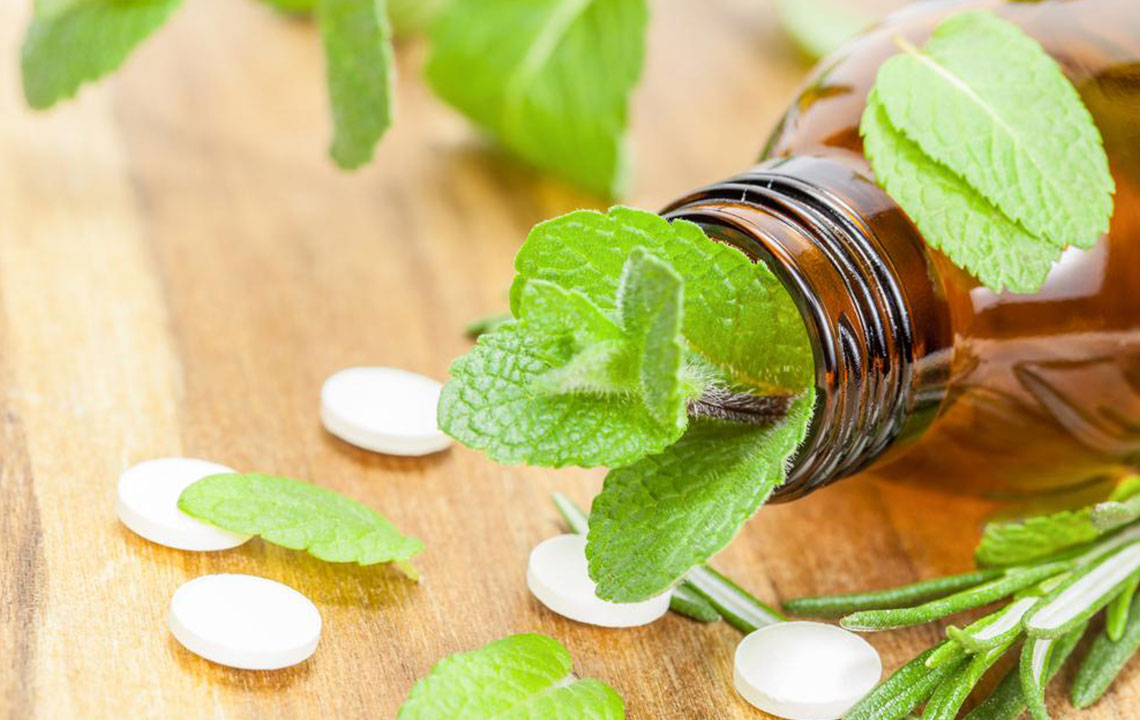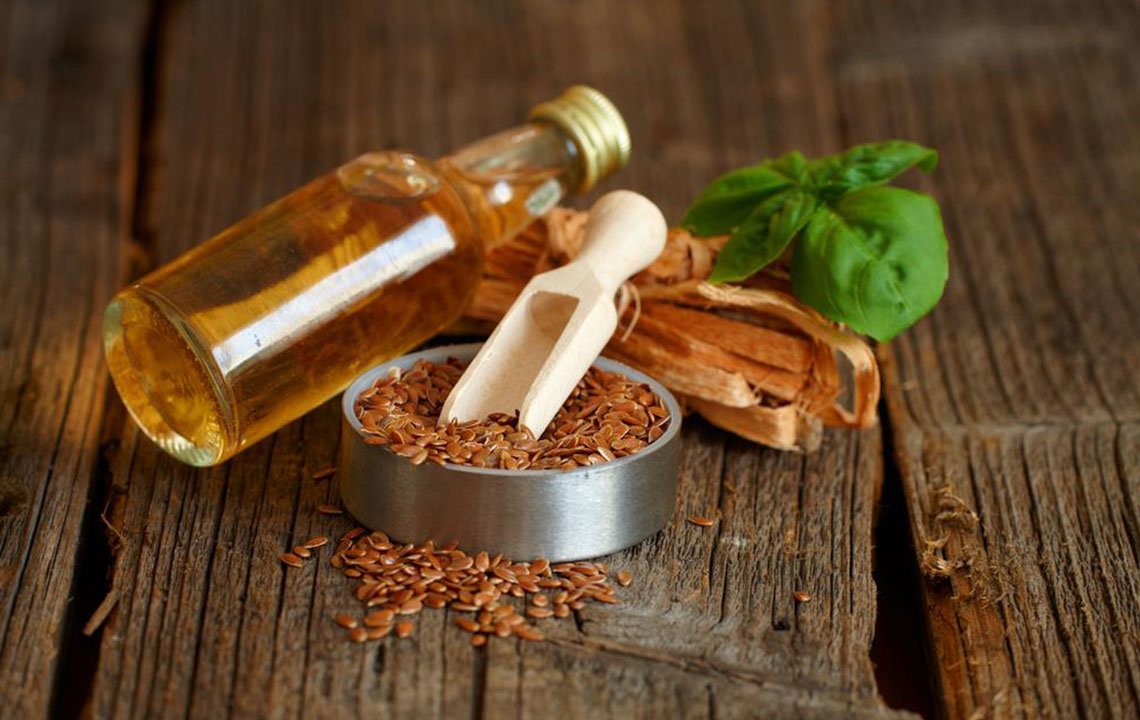Natural Herbal Solutions for Alleviating Anxiety and Sleep Issues
Explore natural herbal remedies like chamomile, valerian root, hops, L-theanine, passionflower, and ashwagandha to effectively manage anxiety and sleep troubles. These herbs offer safe, holistic alternatives to medications, promoting relaxation and restful sleep naturally. Always seek medical guidance before starting new treatments to ensure safety and effectiveness.

In today's hectic world, many individuals forget how to truly relax, often accepting mental and physical fatigue as normal. This constant stress can lead to anxiety and sleep disturbances, common problems faced by many. Major stressors like finances, work pressure, family concerns, health issues, and personal relationships can trigger anxious feelings and insomnia. These symptoms may include rapid heartbeat, shallow breathing, and a sense of impending doom, often disrupting restful sleep and affecting overall well-being.
While some may turn to sleeping pills, these are not a sustainable solution and can lead to dependence. Fortunately, nature offers effective alternatives in the form of herbal remedies that can promote relaxation and restful sleep safely and naturally.
Chamomile
Known for its calming properties, chamomile tea can quickly ease jitters and promote sleep. Its compounds bind to brain receptors similar to medications like Valium, producing a soothing effect. Research indicates chamomile can significantly reduce anxiety symptoms in individuals with generalized anxiety disorder, making it a popular natural remedy for calming nerves and improving sleep quality.
Valerian Root
This herb is celebrated for its sedative effects, aiding in falling asleep and maintaining restful sleep. Since it contains natural sleep-inducing compounds, valerian root is commonly used in supplement form. It also helps manage anxiety, though its strong odor may be off-putting; capsules or teas are preferred for convenience. Be cautious if taking other sedatives, as valerian can enhance their effects.
Hops
Primarily associated with beer, hops are separately used as a herbal sedative. Extracts or tinctures of hops contain volatile oils that promote sleep. Often combined with valerian root, hops can significantly reduce sleep latency. Due to their potency, they should be used under medical guidance, especially if already on sedative medications.
L-Theanine (Found in Green Tea)
This amino acid promotes relaxation without sedation. L-theanine helps lower heart rate and blood pressure, calming nerves and enhancing focus. Its calming effects make it an excellent natural aid for reducing anxiety and improving sleep, allowing individuals to feel relaxed yet alert.
Passionflower
Despite its name, passionflower is not for brewing love potions but is a potent natural sedative. It helps alleviate nervousness and insomnia by calming the nervous system, but may cause drowsiness. It's important to consult a healthcare provider before long-term use, especially when combining with other sedatives.
Ashwagandha (Withania somnifera)
An ancient herb native to India, ashwagandha enhances immunity and reduces chronic stress by lowering cortisol levels. Unlike some sedatives, it does not cause drowsiness, making it suitable for sustained use. It can help reduce anxiety, depression, and insomnia while maintaining energy levels.
Disclaimer: The information provided is for educational purposes only and should not replace professional medical advice. Always consult healthcare professionals before starting any herbal treatments or making health-related decisions.










